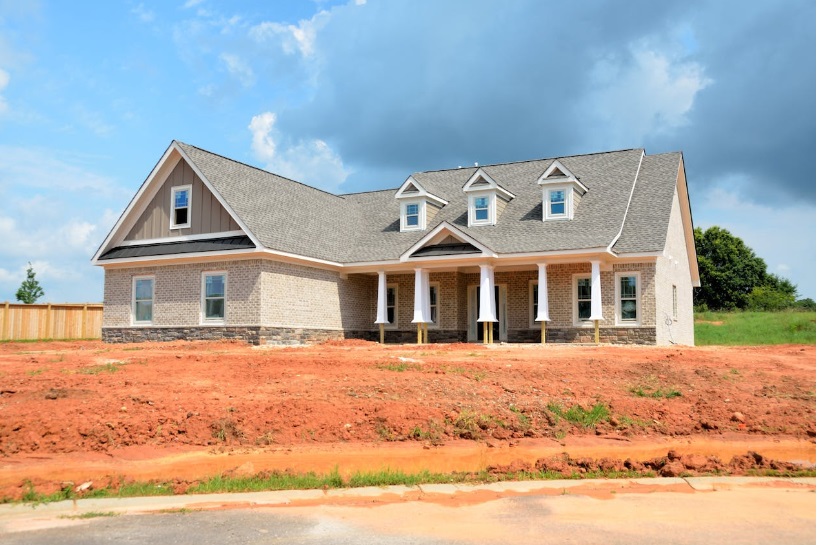
The housing market is incredibly complex and, at times, difficult to understand, with massive down payments and capital being required just to be able to invest anything meaningful and hope, either for a profit or a great place to live. This becomes even more difficult when you’re considering a construction home since they’re not ready-made, and your input will play a large role in determining what they go on to become. Keep reading to find out what you’ll need to consider if you’ve been planning on buying a construction home.
Builder’s Reputation and History
When deciding on a construction house, it’s important to consider the repute of the builder. Investigate their history to guarantee reliability, quality, and customer satisfaction. Inquire with others and use your own experience and knowledge to judge their service. Look into customer reviews, and past projects, and be aware of any potential issues or warning signs. You can also inspect their other works by visiting each location and questioning homeowners about their experiences. Whether you’re seeking details about new home builders in Pennsylvania or any other region, thorough research assists in selecting a builder that aligns with your preferences and has a good track record.
Condition of the Neighborhood
The condition of the neighborhood is incredibly important if you’re buying a construction home, especially if you’re planning on living in it. If it’s upscale, the price will be higher, but the surrounding structures will be better, and it’ll be a great place to live. More run-down neighborhoods are less expensive, but they may have more crime, which can change how you feel about living in the area. From an investment point of view, your house may get damaged or vandalized and you’ll have to pay more for the damages.
Nearby Projects
When you’re purchasing a home, it’s integral to not only the condition of the neighborhood but the overall location, too, especially if any nearby projects or developments are happening. Many cities and suburbs located out of cities are great places to live and have been getting more and more construction homes. Still, they’ve also been getting more attention from businesses and real estate developers as people begin to move to those neighborhoods. This means that a place that’s getting more development and commercial attention will soon have a lot of businesses and stores open nearby, which will drive up the value of the building. If you’re in it for the investment, buying a house near a lot of development is an excellent way to get high returns years down the line.
Proximity to Important Places
Another part of considering the overall location of the house is taking into account how close it is to all the important places you’ll have to visit. This includes emergency spots like police stations and hospitals, and even everyday places, like schools, if you have any children and your place of work. This is even more important if you’re buying a house to be able to live comfortably. A house that’s situated close enough to all of these spots will ensure that you have everything you could need nearby, and you’ll be far more comfortable in the long term.
Home Inspection
Before you’ve made a decision or final purchase, it’s integral that you have as much confidence as you could have about the condition of the house. The only way to ensure this is by doing a full home inspection, preferably through a professional, as many people work on consultations. This will allow you to tell the exact weak points of any house and check the integrity of utilities like water, plumbing, and electricity, which you can use to estimate the value of the house, a number that you can then use in negotiations.
Conclusion
There are lots of things you can do with a property, such as using it as a long-term investment, developing it and selling it, using it to generate rent, or just living in it, and that’s why it’s one of the most popular and lucrative types of investments in the world. The benefits only grow when you’re considering a construction home, but so do the risks. If you use the information in this article, you’ll be able to cut through the noise and choose the perfect construction home for you.















